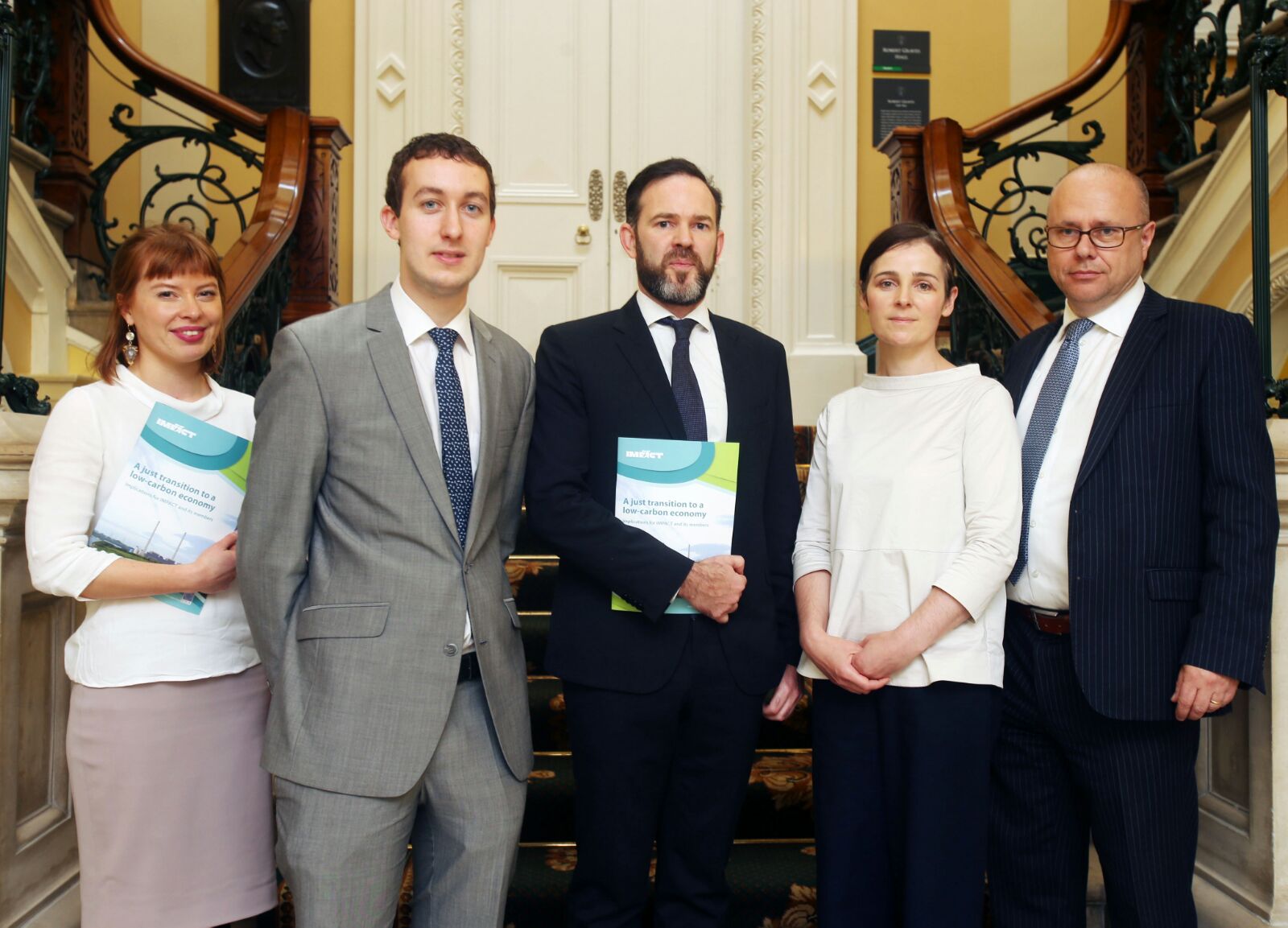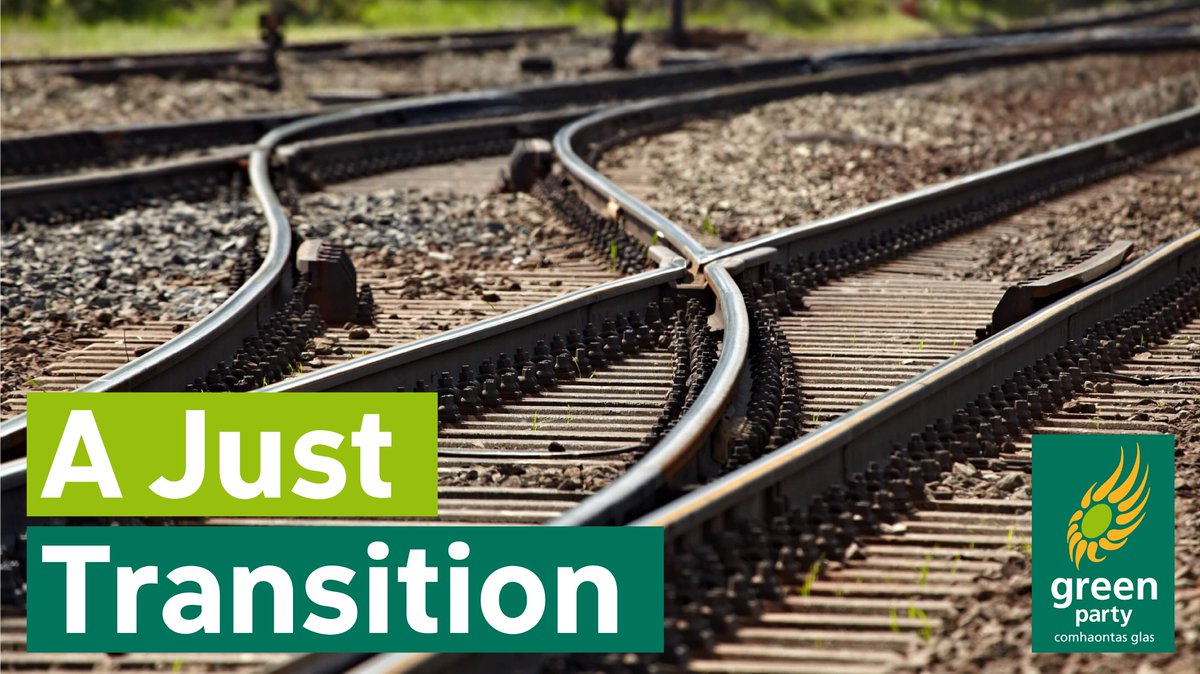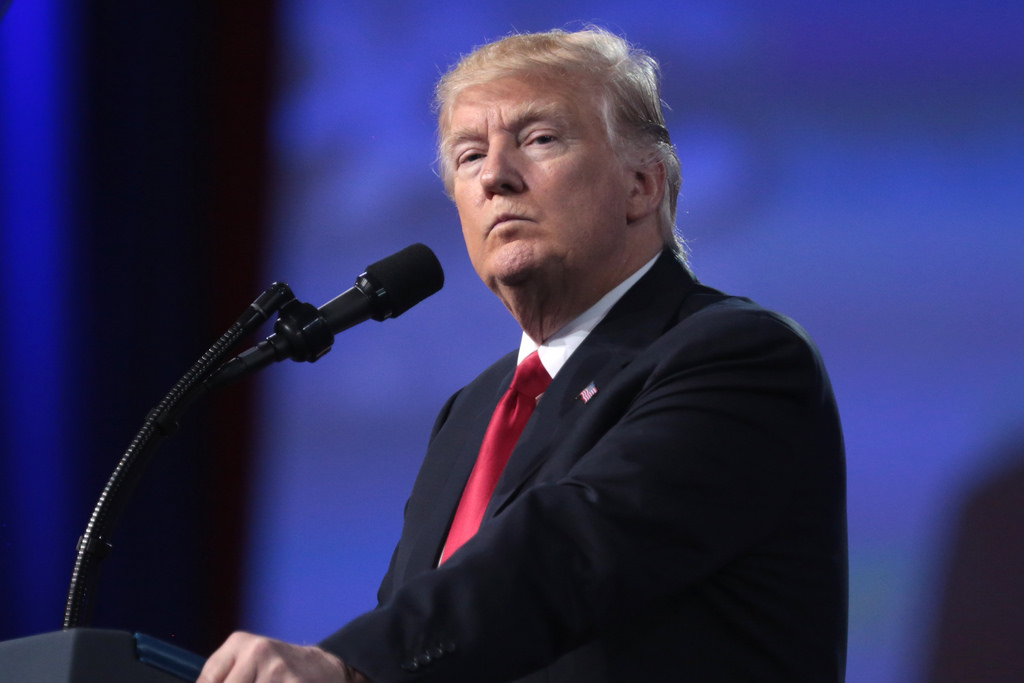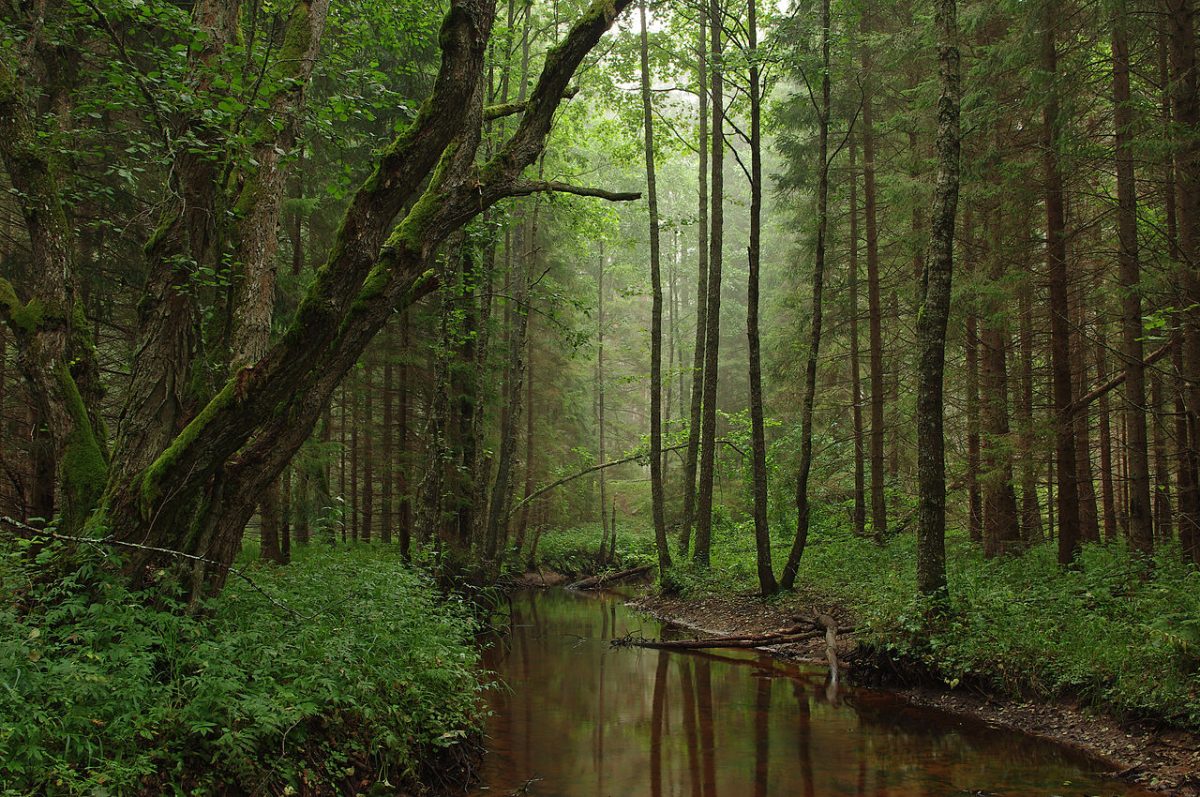State must remove barriers to rooftop solar for schools

May 24th, 2019
Friends of the Earth Ireland (FOE) has called for the State to remove barriers prohibiting solar power for schools if they truly support the school strikes movement.
The environmental group is launching its Hands up 4 Solar Schools campaign for schools interested in powering themselves with renewable energy generated from rooftop solar.
Five schools will receive assistance from FOE this year to set up panels, and aim to help another 26 schools in 2020 with technical installation and administration assistance, as well as covering 90 per cent of costs.
At present, schools need planning permission to put up even one solar panel and are not entitled to receive any payment for surplus power they might generate.
In addition, according to Friends of the Earth Deputy Director Kate Ruddock, the grant system for solar is not as straightforward as it should be for microgeneration projects.
“Bureaucracy and unnecessary barriers all but prohibit local renewable generation in Ireland, particularly solar power for schools,” she said.
“It’s a slow, difficult and expensive process that should be a whole lot easier. These barriers need to be removed by Minister for Climate Action, Richard Bruton, if he is to truly respond to the calls for system change not climate change demanded by the students today.”
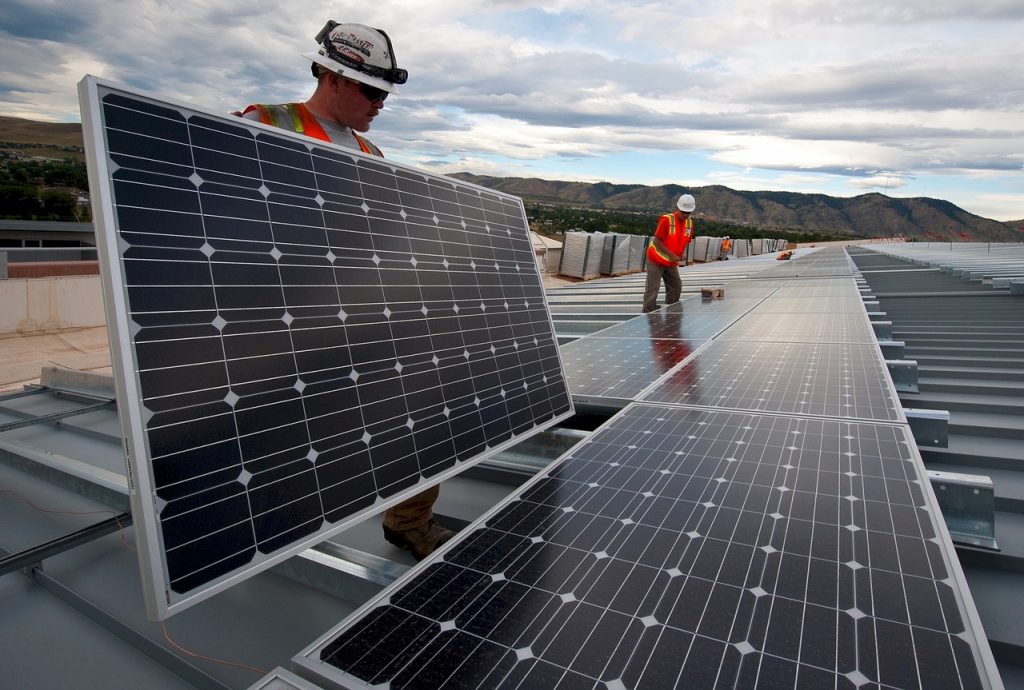
In 2018, Sinn Fein’s Brian Stanley introduced a Bill seeking to force electricity companies to pay small scale generators for excess power generated.
Speaking at an Oireachtas Committee heard on the Bill earlier this year, Paul Kenny of the Tipperary Energy Agency said that rooftop solar may be the “magic bullet” to win citizen and societal engagement in the energy transition.
While microgeneration alone won’t put us on track to hit this targets, Mr Kenny said we could produce 10 to 12 per cent of our electricity needs if every household had just two rooftop solar panels.
“Solar is not our magic energy bullet. It will only do a fraction of our total energy use, however it may be the magic bullet of citizen and societal engagement in the energy transition that the state has heretofore missed.”
A recent report from the European think tank CE Delft found that almost half of EU citizens could be producing almost half of the EU’s energy by mid-century.
Ireland however is lagging behind its European counterparts, ranked 26 out of the 28 EU countries for progress towards the bloc’s mandated 2020 renewables targets, according to the Sustainable Energy Authority of Ireland (SEAI).
According to a recent SEAI analysis, Ireland will not meet its 2020 renewable energy targets despite hitting new records for renewables on the electricity grid in 2017.
[x_author title=”About the Author”]
